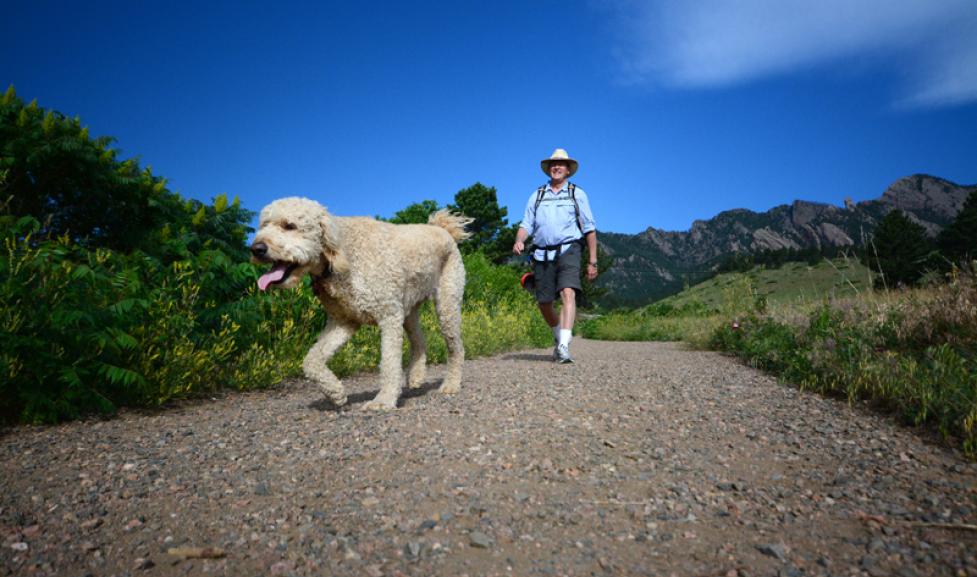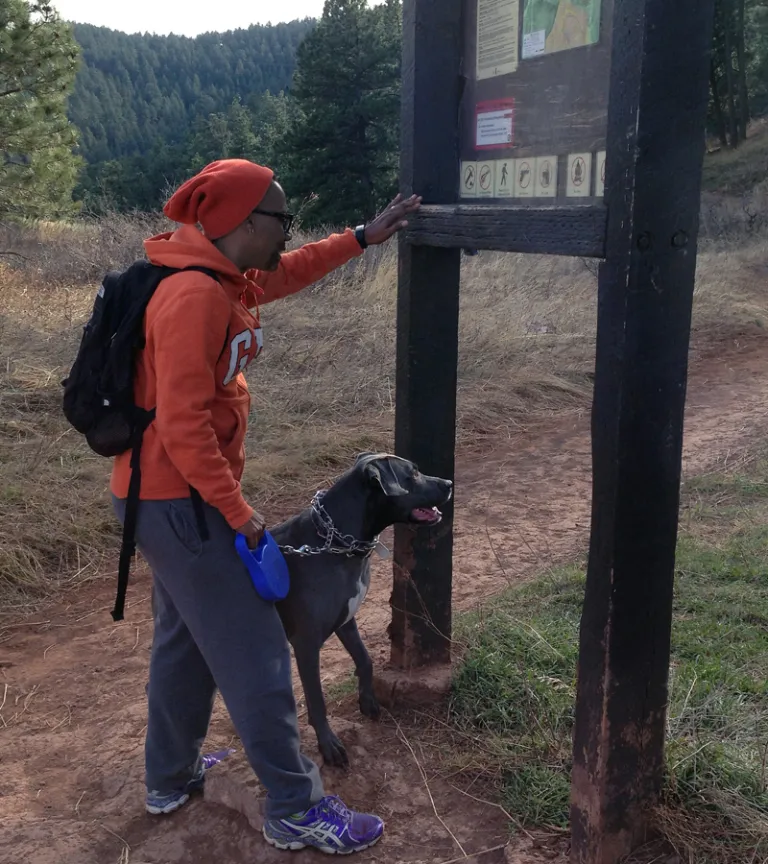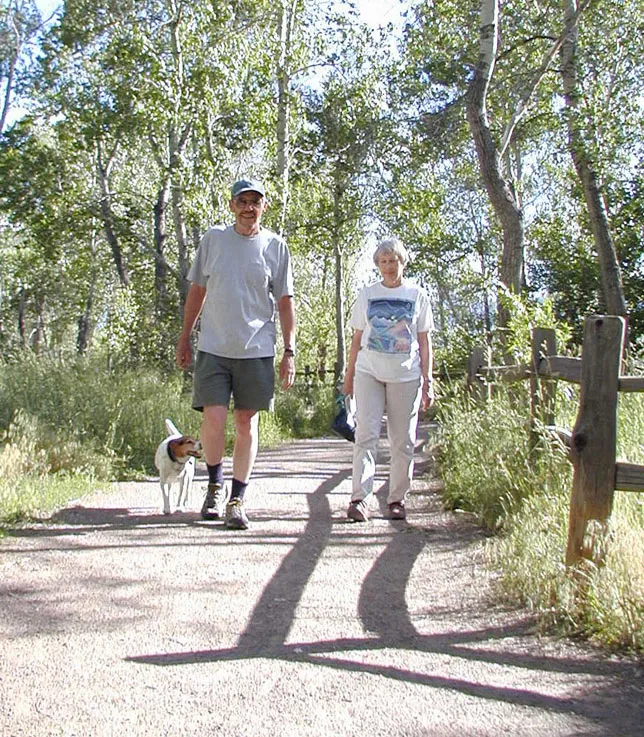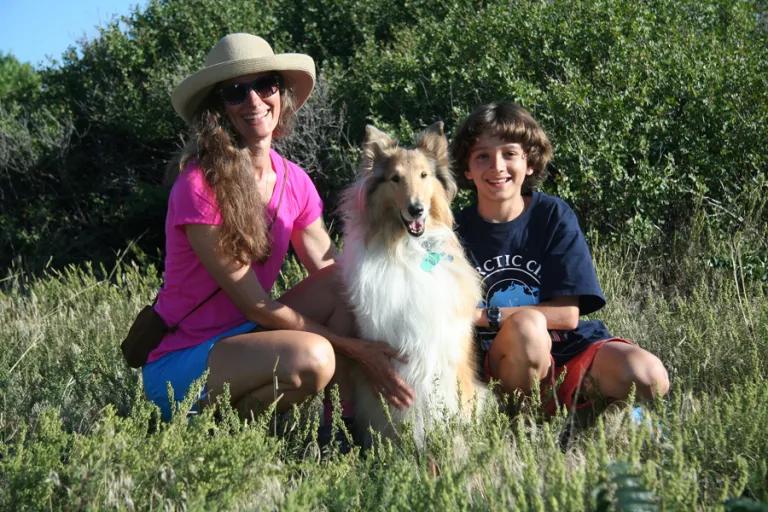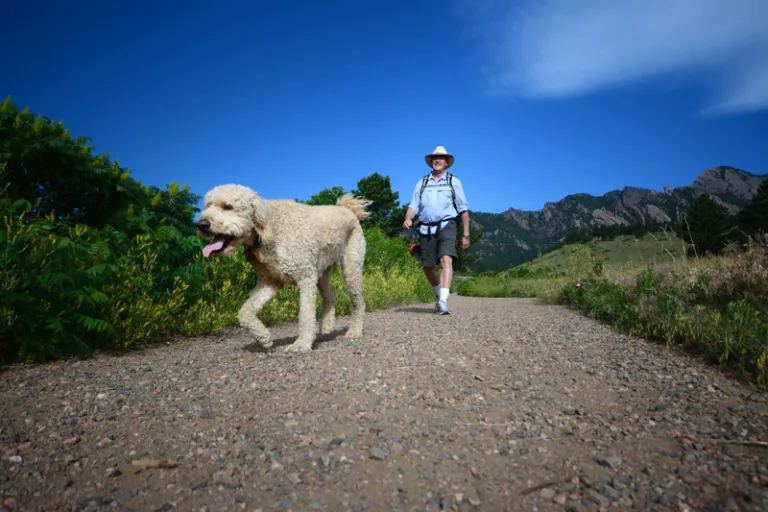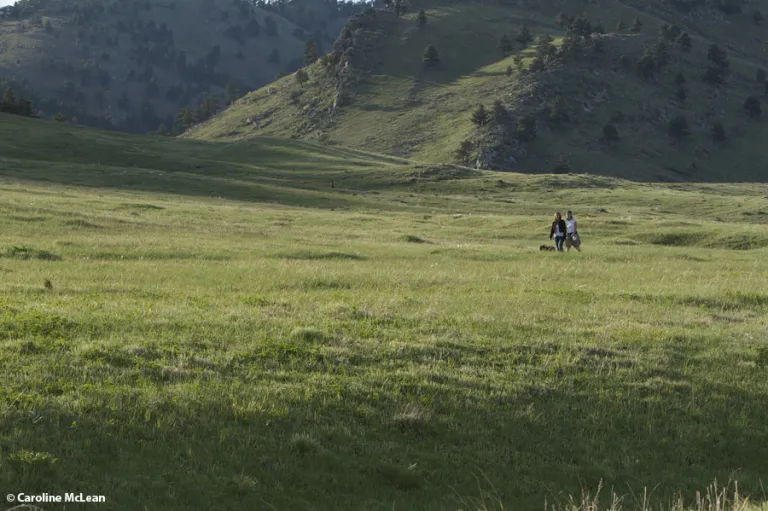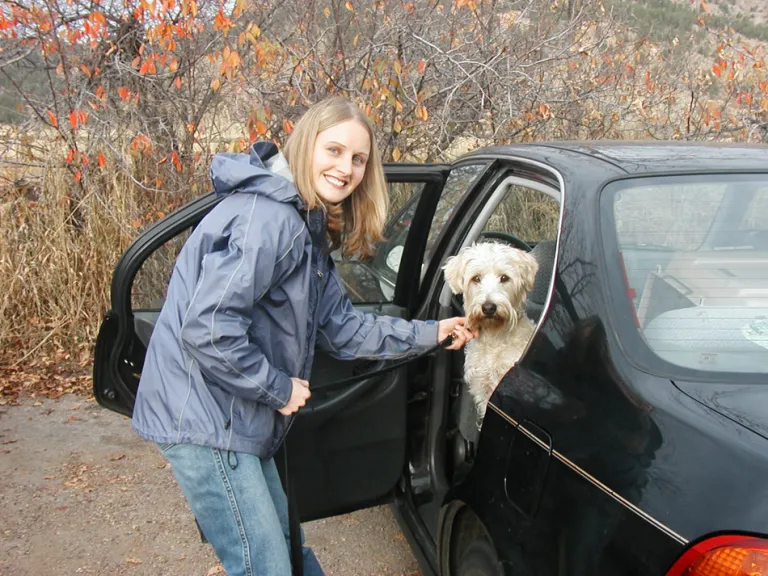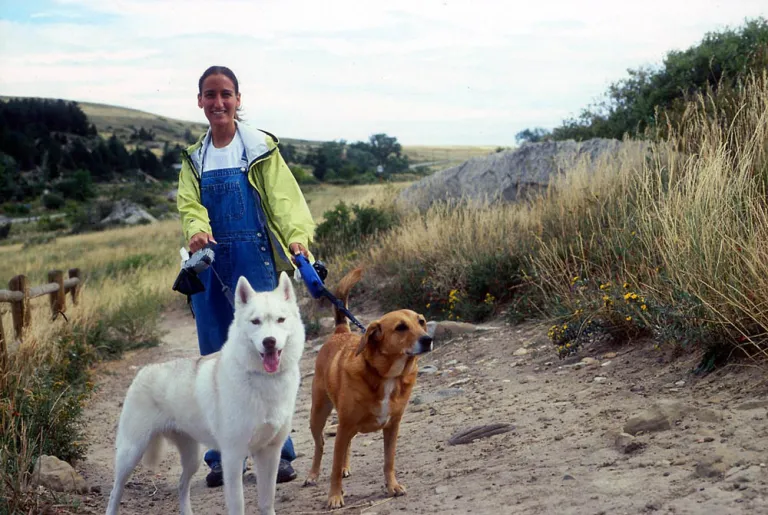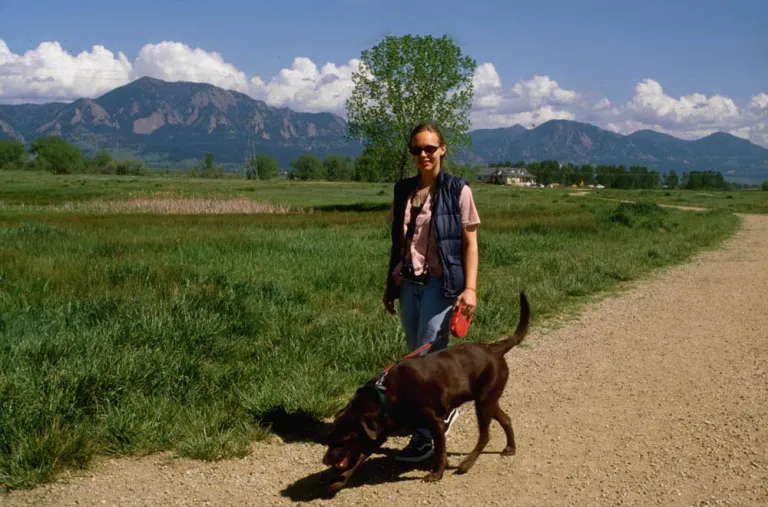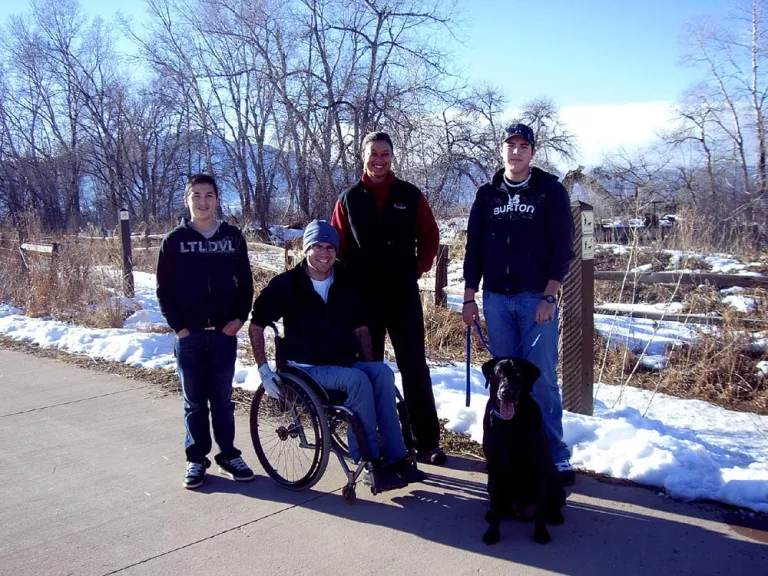Besides its bad smell, dog waste can pollute water sources and encourage noxious weeds to grow.
Waste left on the ground runs off untreated into storm drains and waterways. Bacteria in waterways increase the potential for serious disease. This is bad for fish too – bacteria that feed on dog waste deplete oxygen, and encourage algal blooms. This can limit sunlight and suffocate aquatic life.
Dog feces contain nitrogen which can cause significant chemical changes in soil composition. When left on the ground, nitrogen leaches into the soil. This can kill native plants and encourage noxious weed infestation.
Dogs also have a wide diversity of intestinal bacteria. These often times carry nasty parasites like heartworms, whipworms, hookworms, roundworms, tapeworms, parvovirus, giardia, salmonella and E. coli. Roundworm is one of the most common parasites found in dog waste. It can remain infectious in contaminated soil and water for years.
Be Doggone Good About Dog Poop
- Always pack out your dog’s poop and dispose of it properly.
- Carry extra poop bags with you at all times.
- Compost your dog’s poop in OSMP dog waste receptacles.
- Carry a sealable bag with you to cut down on the smell.
